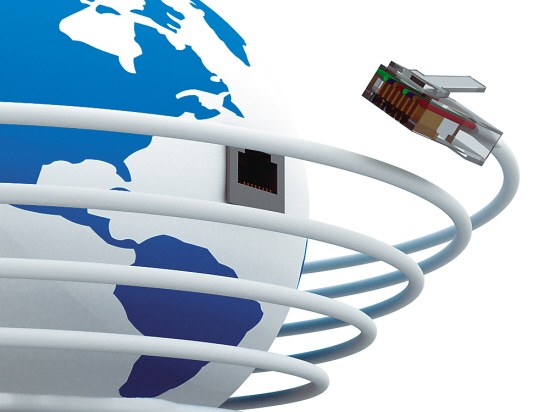Services Offered by The Top SIP Trunk Service Providers Can Benefit Your Business


Four advantages of SIP trunking services:
Despite rumors of economic upturns, businesses across the nation continue to search for ways to increase employee collaboration and reduce operational costs; SIP trunking has become a vastly enticing solution for affordable business communications. In fact, it is estimated that the market share of the top SIP trunk service providers will reach $8MIL by the end of 2018.
Aptly put, SIP trunking is the virtual equivalent of the historic T1 line. This technology laden communications powerhouse presents businesses with a number of very distinct advantageous, particularly when deployed in conjunction with an IP-PBX phone system.

Here are four of the many great advantages available to businesses deploying SIP trunk lines alongside software-based IP-PBX systems.
1. Maximum Scalability: As is the case with legacy-based phone systems, increasing overall capacity would necessitate purchasing additional line from the telephone company. This is often costly and time consuming. As a fail safe, businesses would often procure more lines than they would require for anything outside of normal call volumes so that their needs were met should volumes ever increase. This often proved wasteful and resource exhaustive. Since SIP is virtual, there is no need to purchase additional infrastructure and lines can be added or removed with ease.
2. Superior Cost Savings: Adding SIP trunks to an existing PBX can present businesses with several ways of reducing expenses. The most commonly recognized cost savings comes from the elimination of recurring monthly service charges and the removal of most long distance or toll calling charges. Unified communications and converged networks are amongst some of the other ways that SIP trunk services can save businesses money. By leveraging a single source communications service, instead of relying on different plans or providers for voice and data, expenses are greatly reduced.
3. Enhanced Reliability: Given that virtual lines are not susceptible to things like power or equipment failures from storms or other disasters, SIP trunks are highly stable. The advanced technology also makes it possible for calls to easily be routed to a number of pre-determined locations if the physical office location of the business is ever rendered inaccessible. This is a serious advantage that the local telephony company could never offer with standard phone service.
4. True compatibility with existing IP-PBX: SIP services allow for seamless integration with SIP-based communications services, like those offered by BroadConnect. Many of these solutions include a number of interesting features like unified communications, web conferencing and mobile clients and are designed to both enhance and replace legacy systems.
Final Word
There are several key benefits of SIP trunking, each designed to assist businesses in transforming and optimizing their communications. Now is the time to consider investing in SIP technology.
